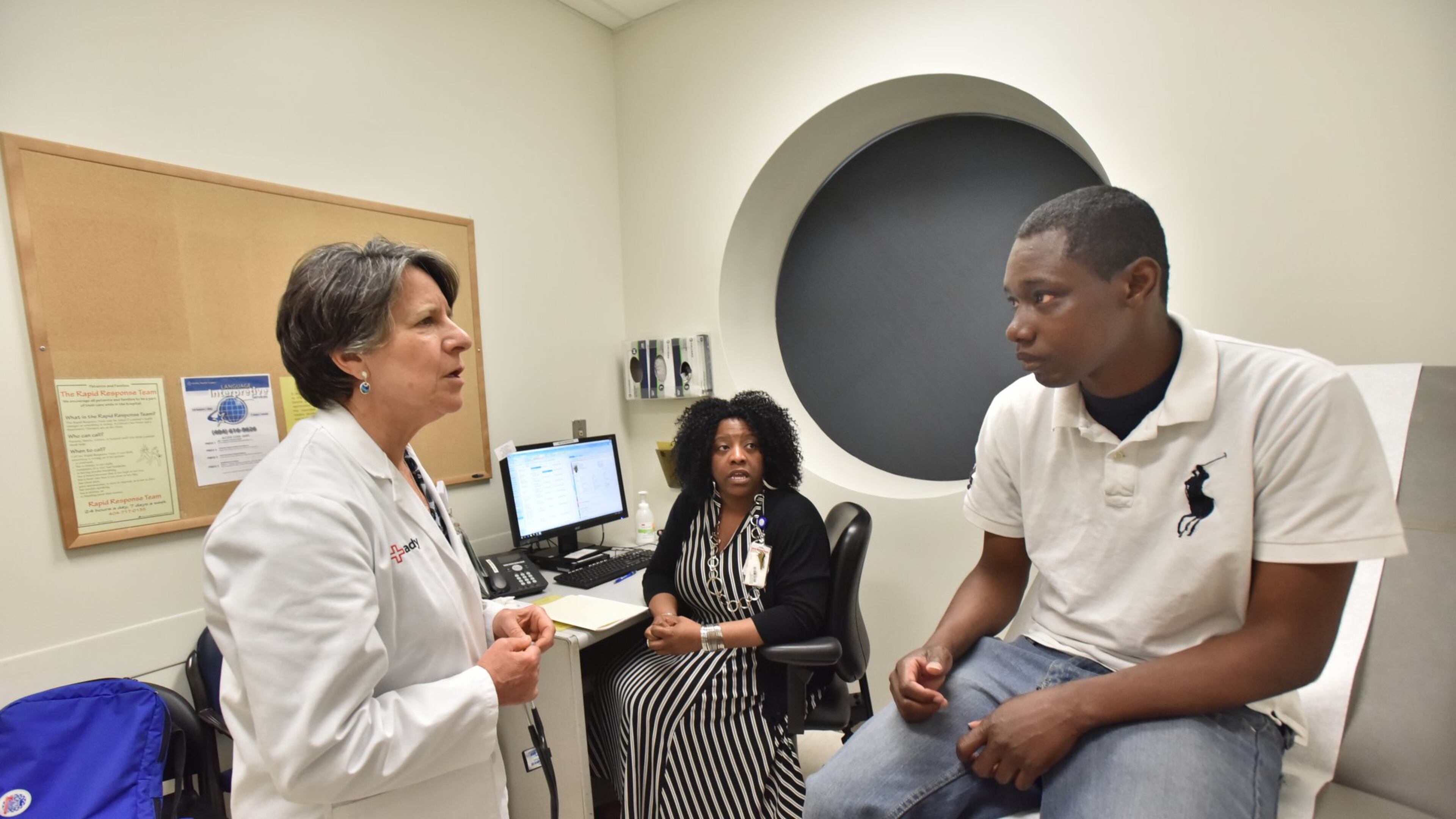Opinion: Waivers should extend coverage, improve cost

The Patients First Act (SB 106) opens the door for Georgia to pursue policies that could significantly change health care here. Questions remain on what those changes will include and how they will affect Georgians’ health care options.
The bill specifies two types of waivers which would allow the state to opt out of certain federal requirements for Medicaid and the Affordable Care Act’s health insurance marketplaces. Georgia has the opportunity to use these waivers to help hospitals by increasing their number of insured patients and reduce premium costs in the marketplace through reinsurance programs. State leaders can achieve success by ensuring these waivers provide continuous coverage for everyone eligible and additional support for uninsured Georgians near the poverty line.
SB 106 specifies that the so-called Section 1115 waiver can increase Medicaid income eligibility up to the poverty line, or about $12,000 a year for an individual. But state leaders are signaling that the waiver could address other ways of reforming Medicaid and not necessarily cover everyone up to this threshold.
With the fourth-highest uninsured rate, and rural hospitals facing financial struggles, we cannot afford to ignore a solution that would allow more than 240,000 Georgians access to coverage they can use to pay for health care. Medicaid expansion has proven successful in improving key health measures. A study from The Commonwealth Fund found that 94 percent of adults on Medicaid report satisfaction with their coverage. In Arkansas and Kentucky, expanding Medicaid resulted in a 29 percent increase in the share of people with a personal physician, a 42 percent increase in the share of people reporting excellent health and a 25 percent drop in the share of people having trouble paying their medical bills.
While Medicaid coverage is associated with better outcomes, health coverage is only one factor contributing to a person’s health status. Studies estimate that medical care only accounts for about 10 to 20 percent of health outcomes. Factors such as environment, housing, education and income play a bigger role in improving health. Coverage is essential to helping people afford necessary services, but Medicaid can also play a role in keeping people healthy outside of hospitals or clinics. For example, Georgia can use the Medicaid waiver to connect enrollees to workforce development services or provide services to help them get into safe, quality housing.
Georgia also has the opportunity to pursue a Section 1332 waiver to strengthen the individual health insurance marketplace where more than 450,000 Georgians purchase insurance. SB 106 only allows the state to increase Medicaid eligibility up to the poverty line. This excludes Georgians just above the poverty line who would be eligible under Medicaid expansion. They currently qualify for tax credits to help cover their premiums in the marketplace, but about 230,000 Georgians in this income range are still uninsured. Georgia should focus the 1332 waiver on affordability by pursuing a reinsurance program and providing sufficient outreach and financial support that enrolls more Georgians near the poverty line and helps them cover deductibles and copayments.
State leaders can succeed and drastically improve Georgia health care by getting more than 240,000 people covered through Medicaid, helping more than 230,000 people afford coverage through the marketplace and reducing premiums costs for many people purchasing marketplace coverage.
Laura Harker is health policy analyst for The Georgia Budget and Policy Institute.
Laura Harker is health policy analyst for The Georgia Budget and Policy Institute.

